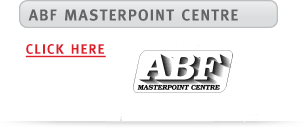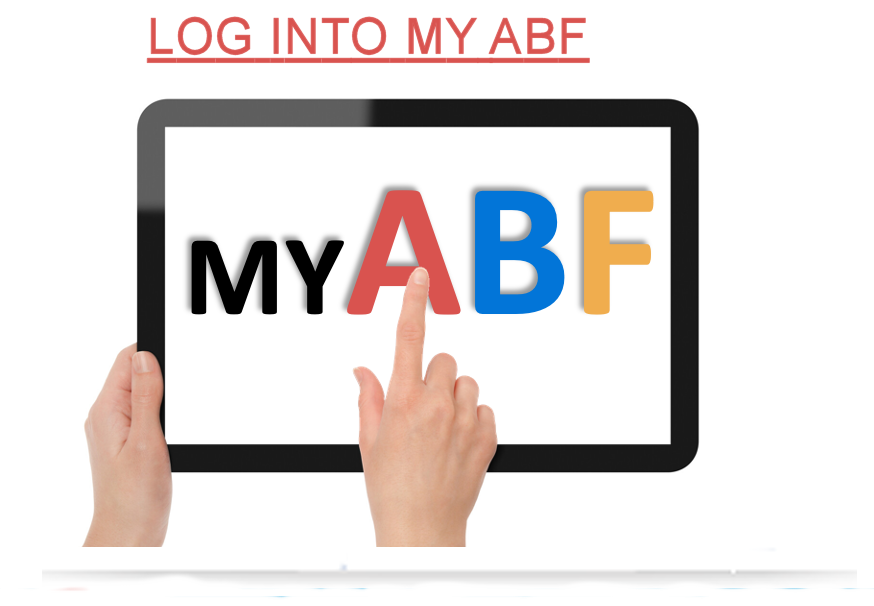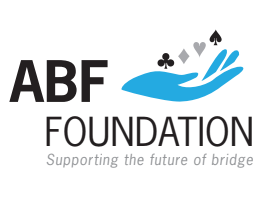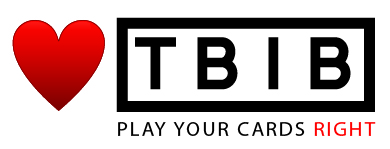
Bridge enjoys immense popularity partly because of the high standards of ethics and etiquette which are observed by the players who are expected to conduct themselves in a highly civilised manner.
Violations of proper etiquette are quite common from inexperienced players, either through ignorance or inadvertence. A well-mannered opponent who is the victim of a violation by such a novice player will, if comment is considered necessary, be at pains to make it clear that the comment is intended to be helpful and will never make a newcomer feel ill-at-ease.
Bridge is an extremely ethical game. All good players strive to ensure that their bridge ethics are impeccable and no more serious charge, other than outright cheating, can be made than to accuse a player of bad ethics. Unlike poker in which all sorts of mannerisms, misleading statements and bluff tactics are part and parcel of the game, bridge is played with a ‘pokerface’! Beginners are, of course, excused for their lapses and in social games nobody minds very much, but in serious competition your bridge demeanour must be beyond reproach.
When you are dummy, it is poor form to look at either opponent’s hand or at declarer’s. If you do, you lose your rights as dummy. Do not stand behind declarer to see how you would play. In tournament bridge, do not discuss the previous hand with your partner if another hand is still to be played.
After the play of a hand is over, do not take an opponent’s cards and look at them without asking permission. As a kibitzer (onlooker) try to watch only one hand and above all, make no facial expressions during a hand. Do not comment or talk during or between hands. If the players want the benefit of your views, they will ask for them.
Conversation at the table in serious games is generally unwelcome. Post-mortems after each hand, if limited, can be useful as long as they seek to be constructive. It is best to keep all post-mortems until the session is over and you can go over the score-sheets with your partner at leisure. During the session, conserve your energies to do battle at the next table. It is extremely poor taste to abuse or criticise partner or an opponent. Experienced players should go out of their way to make novice players feel at ease, so that they see bridge as a pleasant recreation, not a battleground. Never try to teach anyone at the table.
Never let a harsh word pass your lips and you will be a sought-after rather than a shunned partner. Prefer to say too little than too much. If partner has bid or played the hand like an idiot, say ‘bad luck’ and leave it at that. Do not harp on past errors.
![]() Bridge Fundamentals – a 9 part series on the Etiquette, Ethics and Mechanics of playing bridge in a competitive situation.
Bridge Fundamentals – a 9 part series on the Etiquette, Ethics and Mechanics of playing bridge in a competitive situation.
Courtesy of Waverley Bridge Club











